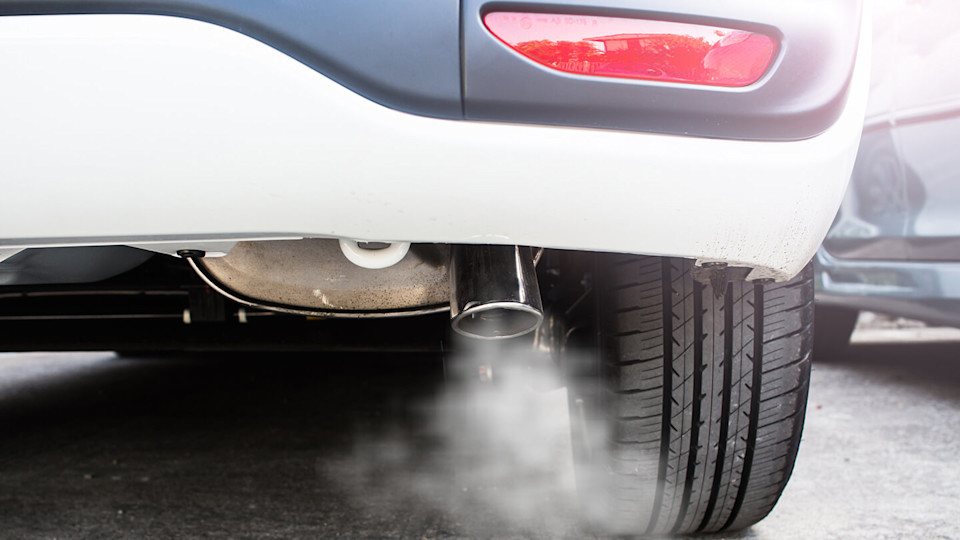
Collective actions
Consumers trust the Financial Conduct Authority to resolve the car finance issue much more than they trust banks
A recent poll has found that 62% of people trust the FCA to resolve their car finance issue. This is in stark contrast to the banks, with only 19% saying banks can be trusted to identify and compensate victims.
Last week a Supreme Court judgement ruled that millions of people are likely to be entitled to compensation. The FCA will start consulting in October on the issue of compensation.
It has been suggested that the FCA could ask the lenders who carried out the mis-selling to check their records and decide who gets compensation. Less than a quarter (23%) of people say they would trust the lenders to do this fairly.
This is especially important as 43% of people who believe they are entitled to car finance compensation have a characteristic of vulnerability and might be excluded from a lender-led scheme.
The polling also suggests that a redress scheme that relies on lenders to identify and trace victims of mis-selling could fail to identify significant numbers of people who should get compensation.
Among respondents who believe they are entitled to compensation, 57% said they had moved house at least once during the claims period, something that might make it impossible for lenders to contact them for redress.
In addition, 36% of potential claimants - 8.4 million people – said they have lost at least some of the paperwork on their previous car finance deals.
This evidence raises questions about a lender-led redress scheme that does not offer scope for lawyers to manage cases for individuals, particularly as this week lenders have publicly complained they might not have the data to trace people who are entitled to compensation.
Slater and Gordon believe that the Supreme Court ruling has left open the question of how to apply the thresholds that go towards defining unfairness to consumers, and that lawyers have a crucial role to play in providing a legal assessment on whether consumers’ rights have been properly applied.
The poll shows that 65% of car finance consumers with characteristics of vulnerability want a law firm to represent their interests. Agreement on wanting the option of using a lawyer was particularly strong among people who lack financial confidence (85%) and the disabled (69%).
Elizabeth Comley, Chief Operating Officer of Slater and Gordon, said:
“We welcome the decisive action taken by the FCA in the past few days to move ahead with plans to compensate consumers in the face of intense lobbying from the banks and lenders. They are living up to their Consumer Duty which is designed to ensure that the banks put their customers’ needs first. Our polling shows that 62% of the public trust the FCA to sort out the car finance issue while just 11% trust the banks.
“We share the public’s trust in the FCA and are committed to supporting its efforts to secure appropriate redress in this matter. Given the damning lack of public trust in the lenders it is important that any redress scheme is not left solely in their hands in terms of paying compensation. We stand ready to work with the FCA to help them put this scandal right.”
The poll was conducted for the consumer law firm Slater and Gordon and carried out by the pollsters Find Out Now.



